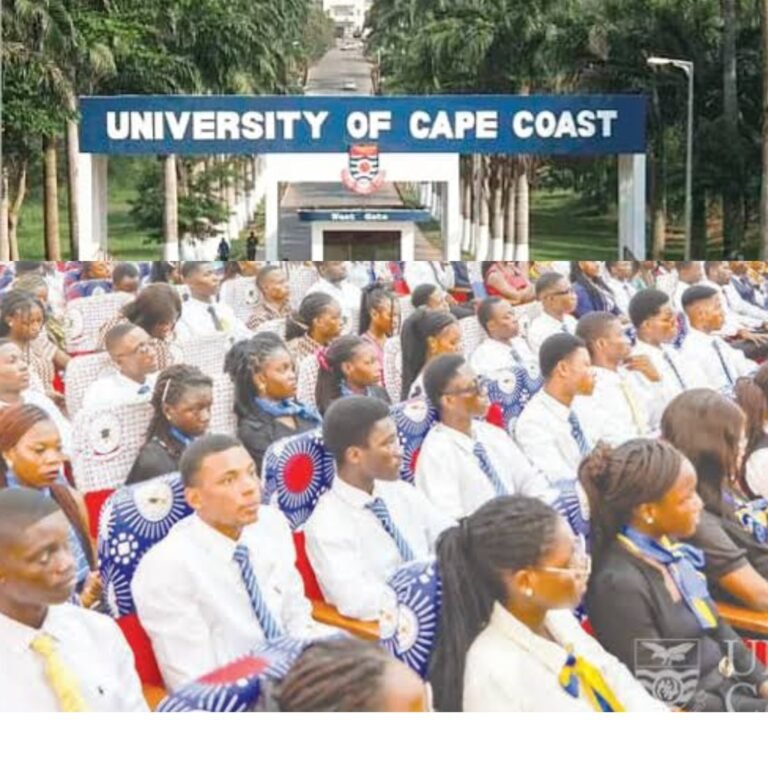
Minister of Education, Dr Yaw Osei Adutwum
Over the past four years, the country has witnessed a lot of critical interventions in the education sector under the Akufo-Addo-led NPP administration, with the most historic of them all being the implementation of the Free Senior High School policy.
President Nana Addo Dankwa Akufo-Addo has always been stressing that investing in the human resource of the country is one of the major legacies he would want to be remembered for. We believe he has, so far, executed this vision to the admiration of many Ghanaians.
One refreshing current development in the education is the determination of the government to make the learning of Science, Technology, Engineering and Mathematics (STEM) an integral part of the educational system. This is certainly a determination that must be supported by all well-meaning Ghanaians to ensure its success.
Can’t be left behind
We could not have agreed more with the Education Minister when he stated yesterday that “a robust STEM education creates critical thinkers, problem solvers who will constitute the next generation innovators to lead in new product and process development for sustained economic growth.”
Through STEM, students develop key skills, including problem-solving, creativity, critical analysis, teamwork, independent thinking, initiative and good communication.
Undoubtedly, the global economy is changing. Current jobs are disappearing due to automation, and new jobs are emerging every day as a result of technological advances. We certainly cannot be left behind.
The continual advances in technology are changing the way students learn, connect and interact every day. Skills developed by students through STEM provide them with the foundation to succeed at school and beyond.
Critical intervention
Another critical intervention is the planned introduction of the National Pre-tertiary Learning Assessment Framework (NPLAF), based on a National Standards Test (NST), to assess curriculum standards including the 4Rs (Reading, Writing, Respect and Resolution) knowledge, skills, values and attitudes.
The fact cannot be gainsaid that the standard of education for some time now had fallen. Therefore, the introduction of this strategic plan will, ultimately, help to improve learning outcomes at all levels, by creating a national standards-based assessment at the pre-tertiary level to measure the quality of learning achievement before the end of Junior High School (JHS).
Support of all
Moreover, the government’s idea of having an open university is very essential as this will allow the intake of more students into our tertiary institutions.
The problem of having many ‘school dropouts’ after secondary school will be a thing of the past, if this is implemented effectively. It is our expectation that those in charge will all contribute their quota to ensure that the country succeeds in this venture.
Many were worried about how the mass of students benefiting from the Free SHS could have access to tertiary education after completion, and this idea shows the government knows what it is about.
That is why people should not see the current challenges with the implementation of the Free SHS as a failure on the part of the government. The government has shown that it is capable of tackling the challenges as when the nation is confronted with that. That is what leadership is all about.
In all, this administration has done a lot in the education sector, and all efforts must be made to support it because at the end of the day it is the country that benefits and not any political party.







